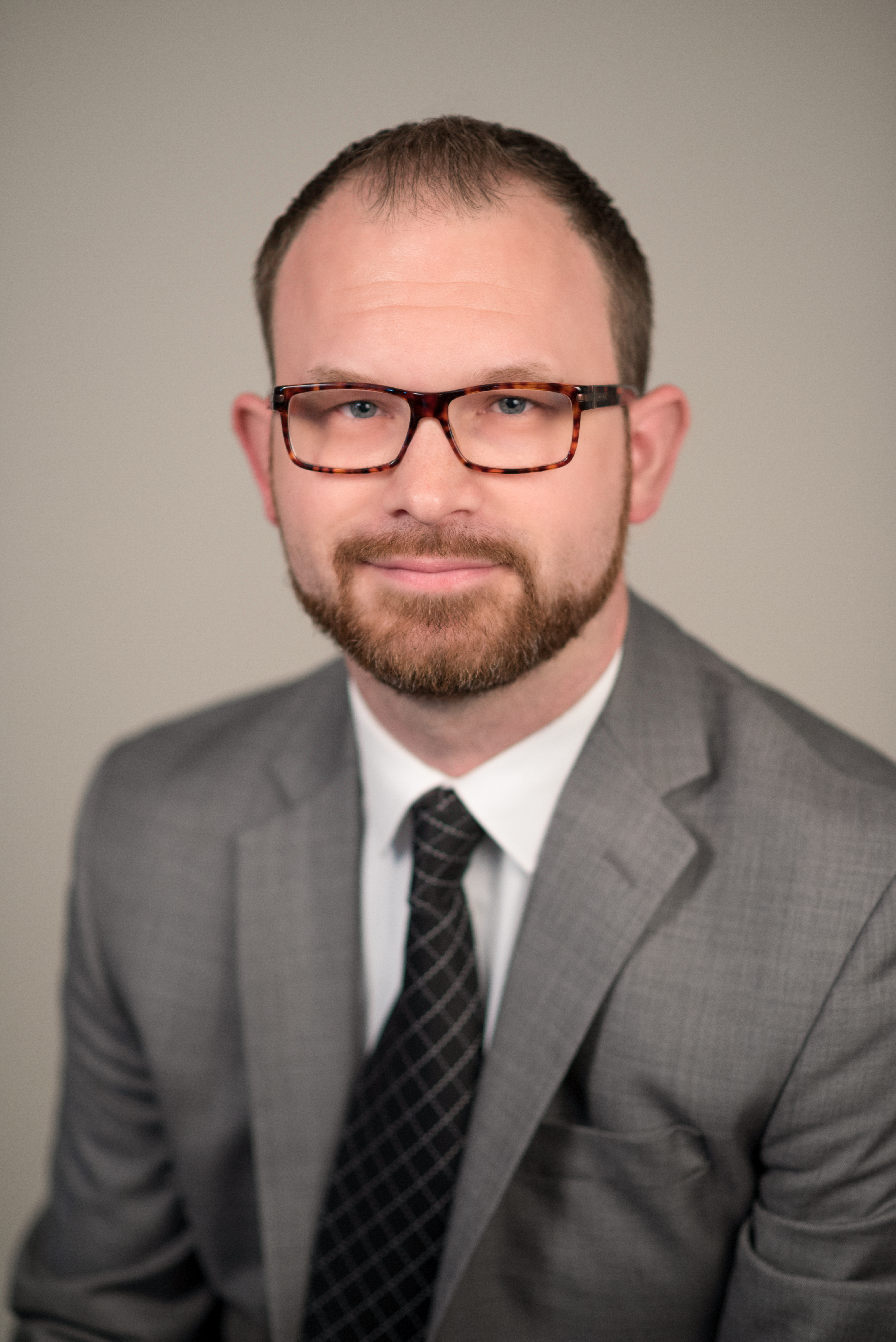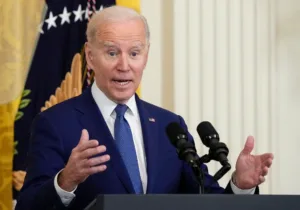This article about America’s Middle East foreign policy first appeared in the Fall 2018 issue of Providence’s print edition. To read the original in a PDF format, click here. To receive future issues as soon as they are published, subscribe here.
World War I ended in the Middle East on October 30, 1918, when Ottoman and British officials signed the Armistice of Moudros aboard the HMS Agamemnon in the middle of the Aegean Sea. It was the final curtain for the Ottomans—the sultanate would collapse in 1922 and the caliphate in 1924—but it was just the beginning for Western powers that would spend the next hundred years entangled in Middle Eastern affairs. It has been a frustrating century to say the least.
This year also marks the fifteenth anniversary of the US invasion of Iraq, the grandest and most disastrous American initiative in the region to date. The Iraq War was a set piece in good intentions gone awry. It led to the death of nearly 5,000 coalition forces and over 100,000 Iraqis; created a power vacuum in the center of the region that Iran exploited; inspired and trained a new generation of Muslim terrorists, some of whom went on to create the Islamic State of Iraq and Syria; and provoked a new era of sectarianism between Sunnis and Shi’ites.
The war and its aftermath left Christians, Yazidis, and other minorities without protection; convinced hundreds of millions of Middle Easterners that America will stop at nothing to interfere in their affairs under the pretexts of fighting terrorism and spreading freedom; and convinced many Americans, both liberals and conservatives, that US policymakers are either devious or incompetent and should leave the region entirely.
There have been some successes in the last century. Ottoman imperialism and European colonialism have ended. Middle Eastern states are independent. The Jewish people are sovereign and safe. Basic metrics like life expectancy and literacy are up. Energy reserves are flowing as needed.
Yet it’s hard to deny that our record has been pretty poor overall. We are not to blame for the mess in the Middle East. The region is highly dysfunctional all on its own. But if we hope to better secure our interests, advance our values, and protect those who share them, we need to study the last century of mistakes and do our best to correct them.
***
The single biggest hole in American Middle East policy is cultural illiteracy. We craft our plans as if the region’s deep map doesn’t matter, discounting the ethnic, religious, and historical forces that inevitably beset our actions. In 2003, we imagined that Iraq was an America-in-waiting, a classic nation-state crippled by authoritarianism but filled with proud Iraqis whose desire for freedom was strong enough to overcome centuries of intercommunal conflict. We thought citizens would vote on principle rather than group identity. We were wrong. Here, as elsewhere, local context thwarted our intentions.
That Iraqi sectarianism surprised American war planners after 2003 proves just how glaring our cultural ignorance was. Religion is especially powerful in the Middle East—all three Abrahamic religions began there after all—but it’s a major stumbling block for Beltway wonks who are trained to avoid any mention of faith. For most of them, religion is either irrational, oppressive, or irrelevant in a world driven by mere economic and political interests. In a creedal republic like the US, making distinctions between people based on religious affiliation is the ultimate transgression. Differences don’t matter—we must not talk about them. Here we find the original error of American foreign policy: assuming that everyone in the world is just like us, wants to be like us, or ought to be like us. We feel guilty if we think anything different.
America is not alone in this error. Most Western realists and idealists fall victim to the same disease, ignoring religious particulars in favor of universal theories about state competition or human solidarity. They fail to understand that Western civilization is unique but not universal and that Middle Easterners, like people elsewhere, belong to a different civilization entirely. As Samuel Huntington pointed out 25 years ago in his seminal Foreign Affairs essay “A Clash of Civilizations?”, “the very notion that there could be a ‘universal civilization’ is a Western idea, directly at odds with the particularism of most Asian societies and their emphasis on what distinguishes one people from another.”
Cultural differences matter. Failing to recognize them will encourage overreach and undermine policies before they are even implemented; recognizing them will help us operate within practical limits and work with, not against, regional realities. Liberalism, democracy, and individual rights are not native to the Islamic East. “Western efforts to propagate such ideas,” wrote Huntington in 1993, “produce…a reaction against ‘human rights imperialism’ and a reaffirmation of indigenous values, as can be seen in the support for religious fundamentalism by the younger generation in non-Western cultures.”
That doesn’t mean we shouldn’t advance our values around the world. It just means that we should do so with reference to the cultural forces that will ultimately determine our failure or success.
***
The most important lesson of the last hundred years is the enduring power of Islam over Middle Eastern minds and societies. Whether Western observers understand Islam or not, its competing theological interpretations will shape the region for the foreseeable future. In a recent interview with Providence, Brookings scholar Shadi Hamid explained how “Islam, in both theory and practice, has proven resistant to secularization and privatization,” despite reformers’ best efforts. If Hamid is right—and I think he is—we need to expect that Middle Eastern peoples will keep pushing for political expressions of Islam over time.
Christians do not believe in Islam, but most Middle Easterners do—and many quite fervently. God gave man freedom to pursue truth according to the dictates of his own conscience, and a Muslim man enjoys this freedom no less than a Christian one. Christians who want to weaken the hegemony of Islam in the Middle East may launch any number of evangelistic initiatives and accept the risks that come with such work. But they cannot view US foreign policy as a tool in their toolbox or place the suppression of Islamic faith among our compelling national interests. On the contrary, such a foreign policy would be immoral and counterproductive.
Only Muslims can decide the future of the Middle East. No one understood this better than Lebanese Christian diplomat and philosopher Charles Malik, who lived on the seam line between East and West. “The West must realize,” he wrote in a 1951 journal article, “and act on the realization, that in the end it is the one hundred million Moslems and Arabs of the Near East who are going to determine its destiny, and not any extraneous force.” Unless the American people are willing to sacrifice their sons to oppose that destiny indefinitely, they will have to, as Hamid argues, “accommodate Islam’s place in public life.” It is on us to decide how much of that we can deal with and how much we can’t—and, in the latter case, what we’re willing to do about it.
The thought of a proud Islamic East may seem scary, but it will be scariest for those Westerners who lack a vision of their own religious roots. Middle Eastern civilization has something to do with Allah, and Western civilization has something to do with Yahweh—these are just historical facts. While neither our government nor our foreign policy is Christian, our people, our principles, and our history are undoubtedly so. Even Western secular values stem from Christian sources.
American relations with the Middle East will be better when people on both sides acknowledge who they are. Yet while most Middle Easterners identify as Muslims and see us as Christians whether we observe the faith or not, we as a culture seem to be drifting further from our spiritual origins every year. This spiritual asymmetry between East and West presents a tangible challenge for the next century.
It’s not unreasonable to think that our struggles in the Middle East have as much to do with rising Islamic identity over there as they do with collapsing Christian identity over here. “You in the West cannot, in your dealings with the East, wash your hands of Jesus Christ,” Malik wrote in another essay. “He will not let you go, and in the eyes of the East, whatever else you are, Christ is already counted to you. Let him therefore be counted for justice and truth and righteousness.”
***
The US government cannot endorse religion in its statements, policies, or actions, but it can make room for innovative religious engagement by clerics, scholars, and leaders in civil society. This engagement should begin by recognizing the real differences that separate Islam and Christianity and seek to build understanding and respect despite those differences. Many interfaith efforts start by affirming commonalities and end up frustrated by persistent disagreements later on. Much better, it seems, to candidly articulate disagreements at the outset and find areas of convergence down the line. This approach requires a spirit of mutual, even if at times begrudging, respect.
This kind of public diplomacy isn’t a silver bullet, but it will be far more effective than our current portfolio of foreign aid, covert operations, and occasional regime change. Malik says it best: “Unless the West comes to the East with its deepest and most authentic convictions unashamedly held, practiced, and proclaimed, then let me tell you in all frankness; the East is not going to be impressed by the West.”
I suggest the creation of an unofficial working group comprised of conservative Christian and Muslim leaders who are unashamed of their faith commitments and are interested in discussing, and disagreeing on, major questions of public import in an honest and respectful way. The relational bonds and conversational outcomes will help both sides understand each other’s concerns both in this country and abroad. Over time this working group can also become a resource, sounding board, and advisory body for policymakers and diplomats who work on US engagement with the Middle East and the wider Islamic world.
Christian leaders must lead the way. But to do so they must abandon the patronizing language of interfaith dialogue and prepare to go deeper, to disagree, and to disagree gracefully. Furthermore, they must recognize that Christianity is not an American or European religion but a Middle Eastern religion, and they should be open to the possibility that contemporary Christianity has lost some of its native sensibilities in its journey westward. They should admit the possibility that the Middle East may have something to teach them about the original context of their own faith, and that this renewed self-understanding may help them bridge the gap with their Muslim peers.
“When the West returns to its best self,” Malik writes, “our problems in the Near East will be solved—and not ours alone.” I think he’s right. Plunging into another century of Middle East policy without addressing the spiritual asymmetry between our two civilizations will only end in more frustration.
Robert Nicholson is the executive director of the Philos Project and the co-editor of Providence.
Photo Credit: The sun sets along the Iraq-Syria border as seen from a Third Squadron, Third Cavalry Regiment, observation point overlooking the Euphrates River in Iraq on September 28, 2018. Coalition partners provided support to Operation Roundup, the military offensive to accelerate the defeat of the Islamic State (ISIS) in the Middle Euphrates River Valley and Syria-Iraq border region. By Capt. Jason Welch. Source: US Army







 Sponsor a student for Christianity & National Security 2024
Sponsor a student for Christianity & National Security 2024